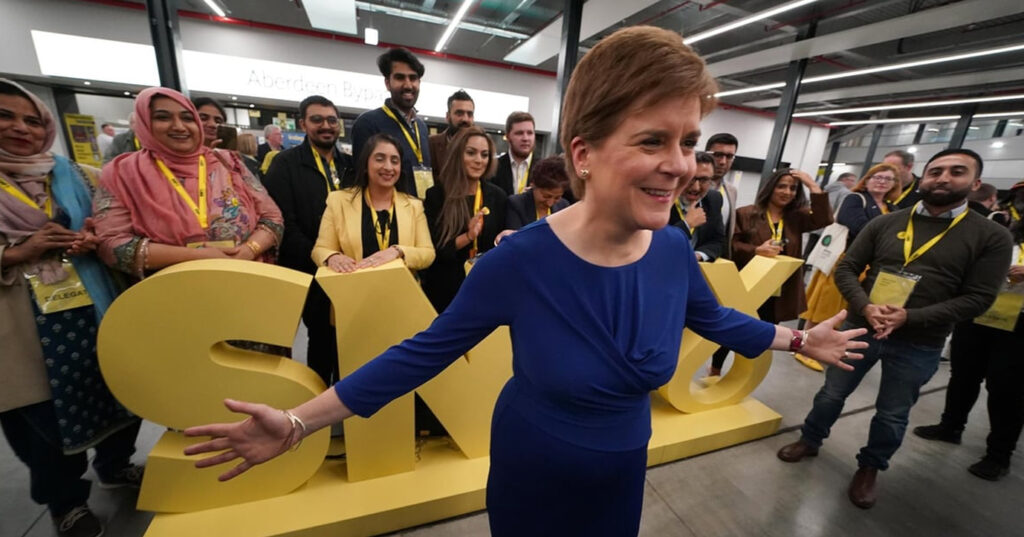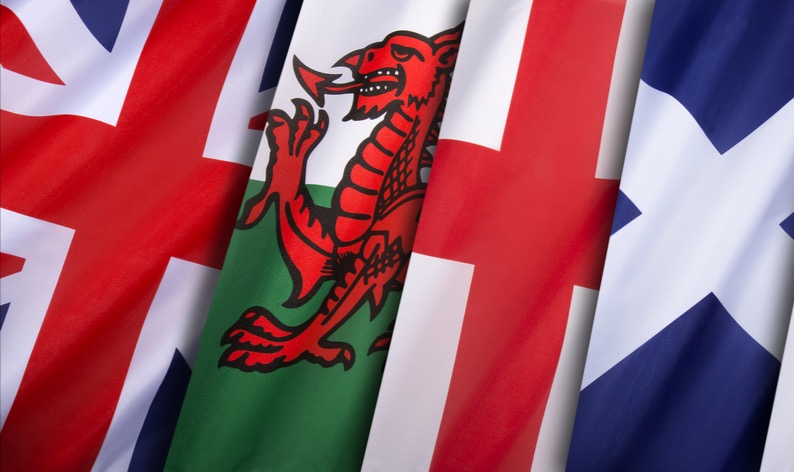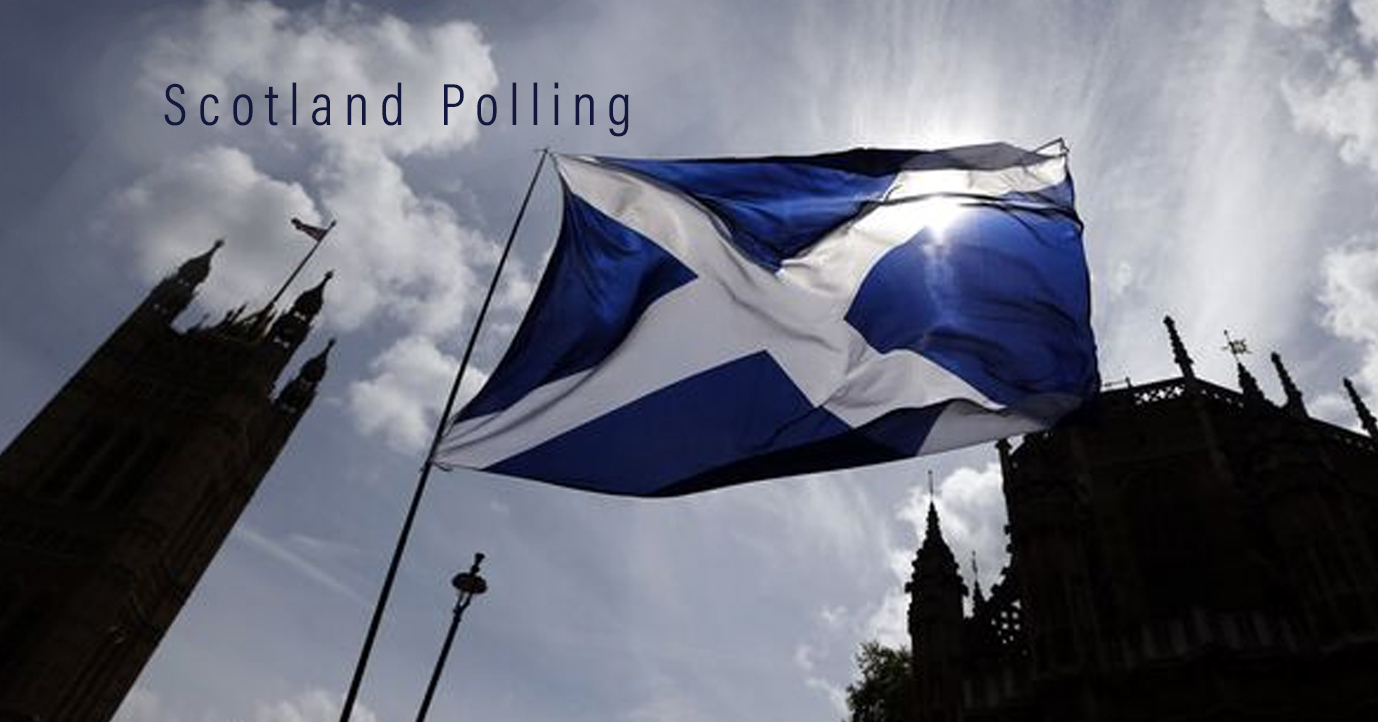
This article was first published in Holyrood magazine.
To the four prime ministers who have quit Downing Street since Nicola Sturgeon took up residence at Bute House, the First Minister must have seemed enviably immune to the laws of political gravity. If those laws now seem to be reasserting themselves, my latest poll of over 2,000 Scots helps explain.
Much of Sturgeon’s success lies in her skilful positioning as a powerful voice for Scotland against an indifferent or hostile Tory Westminster. In the row over the Gender Recognition Reform Bill, that strategy has backfired. My research highlights two main reasons why.
The first is that Scots disagree with her about the issue itself, and that many side with Westminster over Holyrood on the fate of the Bill. Only just over one in five (22%) support the Bill and think the UK government was wrong to block it; nearly twice as many oppose the reforms and support Rishi Sunak’s decision to step in. Scots are nearly twice as likely to prefer a law made in Westminster that they agree with to a law made in Scotland that they oppose (in fact nearly a quarter of 2019 SNP voters would rather have the former). The controversy over transgender prisoners only underlines the Scottish government’s miscalculation.
Second, and perhaps even more damaging, is the message it sends about her administration’s priorities. When we asked Scots what three issues were the most important facing Scotland, they named the NHS, the cost of living and the economy. When we asked what they thought was at the top of the SNP government’s agenda they said Scottish independence, followed by gender recognition and trans rights, with the NHS a distant third.
None of this will have helped the case for Scottish independence. Excluding undecideds and non-voters, I found a 12-point lead for staying in the UK, with only one in three Scots believing a referendum tomorrow would produce a victory for the Yes campaign. Again, our poll points to the reasons.
One is the record of the SNP itself. Few say the Edinburgh government’s performance makes them more confident in voting for an independent Scotland (indeed only just over half of 2019 SNP voters say this); they are more likely to say the opposite.
Another is that voters remain doubtful about the likely implications. I found Scots more likely than not to think taxes, unemployment, prices and NHS waiting times would rise in an independent Scotland – with living standards, investment from UK businesses, educational attainment and the country’s ability to handle another pandemic or financial crisis more likely to fall. Clear majorities thought it likely that an independent Scottish government would have to make painful cuts in public spending, that Scots would lose access to things like specialist healthcare in England, and – especially – that they would spend years negotiating the terms of independence with London.
Sturgeon’s latest plan to put some momentum back into the independence campaign – treating the next general election as a de facto referendum – was given short shrift. Only around one in five Scots agreed that every ballot cast for the SNP or the Greens should be taken as a vote for independence; two thirds agreed that people vote at elections for lots of different reasons and that no such assumption could be made. Current SNP voters were divided on the idea, and – though their party leaders have signed up to the concept – most Green supporters appear less keen. With fewer than two thirds of those leaning towards the Greens saying they would vote Yes to independence in a referendum tomorrow, we can infer that many do not want their vote on climate change, net zero or any number of other issues to be taken as a mandate for constitutional change about which they may not be convinced. In any case, my poll also suggests that the two parties combined would currently struggle to bag the majority of the electorate on which the plan depends.
There was also a raspberry for the suggestion from Angus Robertson, the Constitution Secretary, that an independent Scotland could join the EU without a further referendum. Only just over a third of Scots – and fewer than half of 2014 Yes voters – supported this position. Nearly as many thought a separate EU referendum should be held after independence, with a further 16% (including half of 2019 Tories) believing an independent Scotland should not join the EU at all.
If we see an overall theme here, could it be that a party claiming to be uniquely in tune with Scottish people is losing touch? If gravity is finally doing what it does, Sturgeon and the SNP seem to be giving it a helping hand.


